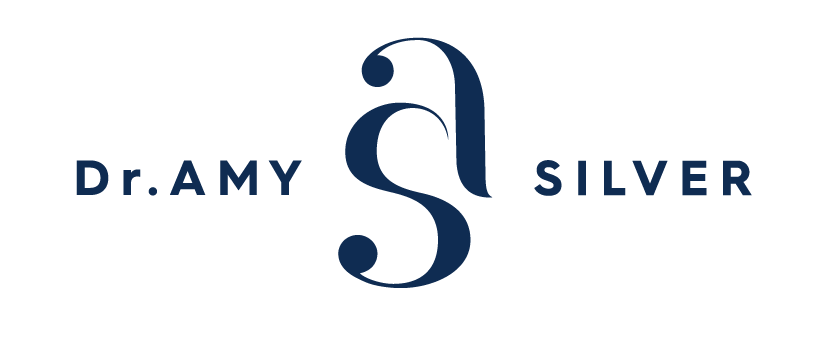Conversations for Growth
This year, I have been working with a large professional services firm enabling more powerful conversations for growth. They knew that distractions, wasted emotion and wasted opportunities for improvement were discussed ‘at the water cooler’. After a preliminary research phase we found authentic conversations were sometimes avoided, and ‘difficult conversations’ were not handled well. When this happened internally, it impacted engagement and opportunities for professional growth. When it happened with clients, it meant lost opportunities, lack of connectedness with relationships or that projects that crept out of scope.
We mightn’t feel it is our place to comment out loud (just under our breath), or we might feel that nothing will ever change (so we don’t talk about it till the exit interview), or we think that the emotion will be too hard to deal with (so we take it home instead, or say yes to something we should have said no to), or we don’t know how to do it successfully (so we don’t do it or do it badly and still expect change to happen). Frustration mounts, and our capacity to grow or help others grow is hampered. Feedback or authentic conversations have the power for enormous change potential. But as Georgia Murch (http://www.georgiamurch.com/) discusses in her book, Fixing Feedback, feedback is broken. We often hear of people holding feedback until the annual performance review, where it is delivered out of context and with far larger potential for emotional reaction than for us to use it as a learning opportunity. We cripple our potential to learn, to grow, to offer fulfilling opportunities to our colleagues, and we all suffer.
My client used a transition point of a new leader to kickstart a new message - We welcome honest conversations, for growth. We have found significant growth in engagement and profit as a result of the work we have done.
If you want to multiply the engagement and sense of achievement for your colleagues, we need to increase their potential for growth and connection. Honest conversations are the tool with which we can do this. It is how organisations will stay relevant. We can and should learn how to use conversations that enable development and change – it is a dynamic process, not a discrete event.
So, here is what I suggest - if we want to create an environment where the pebbles we cast into the pond create opportunities for growth and not for disengagement, we need to welcome feedback; we need to invite feedback. If we don’t, we cripple our potential to learn, to grow, to offer fulfilling opportunities and engaging relationships. Cultures can become toxic, and this can lead to high turn-over, high insecurity (and emotions), and low engagement.
My first step in working with people on how to have powerful conversations for change, is to work on receiving feedback. Here are some early steps in the process:
Gain consensus that feedback is helpful.
Learn how to receive feedback, screen the value in the feedback, collect feedback, understand the different purposes and lenses of receiving feedback.
Learn how and why emotions are aroused through feedback and how to de-emotionalise the content, so you can evaluate the learning opportunity within.
Notice the manner in which you receive feedback, how and why it is useful.
Get comfortable with asking for feedback consistently.
Once you have learnt these skills -- like The Karate Kid did, you are now ready to move onto the lessons on how to give feedback to enable change. I know people want the ‘how to give feedback’ course now but that would be like going to the Karate meet before learning waxed on and waxed off.
1 Murch, Georgia (2015) Fixing Feedback. Melbourne,Australia: Wiley
2 toLuMike. “Karate Kid Lesson 1 (Wax on Wax off)” . Online video clip. Youtube. Google, Oct 15 2007. November 29,2016.
Amy runs authentic conversation programs that pushes the effectiveness of your team, their engagement and their sense of achievement. She is a sought after trainer and speaker in the area of behavioural change for professional excellence. Subscribe to her popular blog - Silverlinings! Download her free white paper here!
Amy is giving a keynote on "You Have More Power Than You Think" at Lawson Delaney next week, the 8th of December 2016. Click here for details and tickets!

